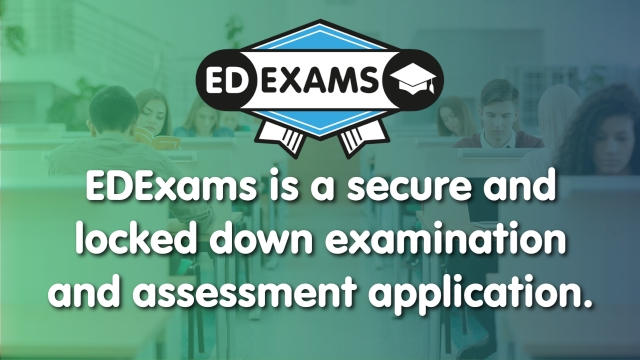The latest round of figures for the number of penalties given to students suspected of cheating in their GCSE and A-Level exams made for stark reading earlier this year.
The number of incidents had risen by a quarter, with 2,715 penalties issued to students. The most common reason for penalties remained the smuggling of mobile phones into the exam.
Clearly, there remains an issue for a small and yet persistent minority of students to push the boundaries and attempt to cheat.
That means the attempts to prevent it will continue apace. But what are the effective options for reducing and preventing cheating when exams roll around?
Identify the students at risk of cheating
Starting with the basic question of “why students cheat” can help identify those at risk.
For instance, an American journalist posed the question to students, researchers and psychologists, coming up with some specific reasons that students cheat: to keep ahead of their academic competition, to meet expectations, and to continue their rebellion against any type of authority.
These are just three simplified explanations, and, in a classroom setting, you should be able to identify clusters of pupils who may resort to cheating.
Recognise how they might cheat
Mobile phones are obviously a big problem, but there is evidence that not all students who take phones into exams do so deliberately to cheat.
Ahead of the 2018 exam season, the chief regulator of Ofqual highlighted a trust problem in a letter to schools:
We have asked students why this is happening and some have told us they are unwilling to hand in their phones in case they are lost or damaged.
The basic response to this is telling students to leave their phones at home, but many will refuse to do that, and so you have to look at how you can better facilitate phones being stored safely.
Building trust between teachers and students about the safety of their belongings doesn’t just have to start at exam time – instil it over the course of the year and students may be more willing to trust you on exam day.
More advanced technology is available and determined pupils are making use of earpieces that are widely available online and enable them to cheat whilst being notoriously difficult to detect. Schools will need to take coordinated action to combat this but, at a classroom level, what can teachers do to discourage it?
Talk openly about cheating
Too often, teachers attempt to combat cheating with the “stick” approach that warns pupils they won’t get to university if they’re caught cheating.
This only really works if students accept what they’re doing as being worth of a penalty. In the American article cited above, it’s pointed out that students are so familiar with repurposing content online that they may not see the falsehood in essentially transferring these skills to their academic lives.
The pressure cooker of school life is designed to help pupils achieve high grades. This is good for the student and reflects well on the school. Consequently, there may be a tacit understanding to rarely mention cheating, while still placing high expectations on student cohorts.
However, individual teachers can circumvent this by using language carefully when discussing achievement and honesty. Building a connection in this way may be the first step towards a student admitting they want to cheat and enables the problem to be addressed well before exam day.











